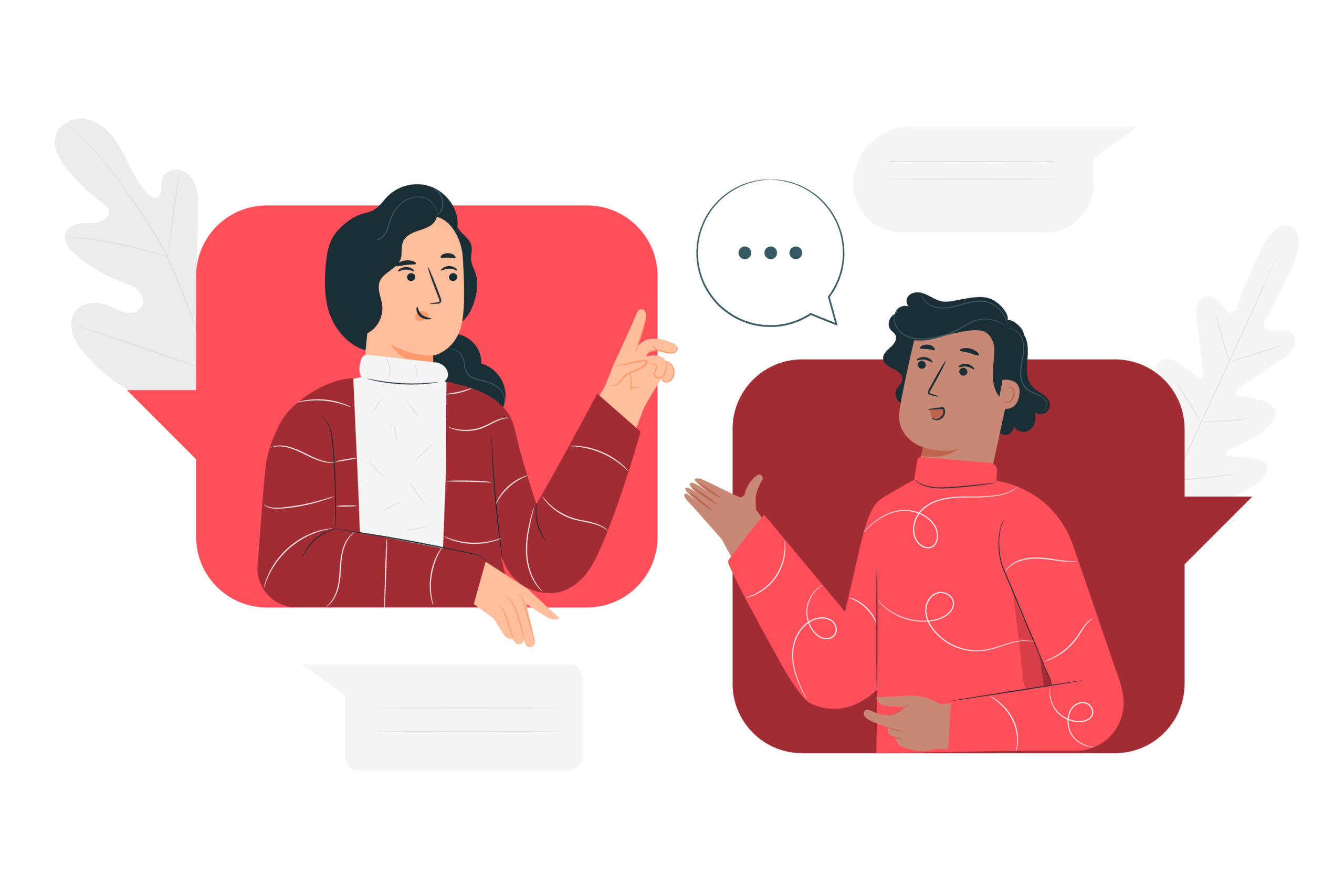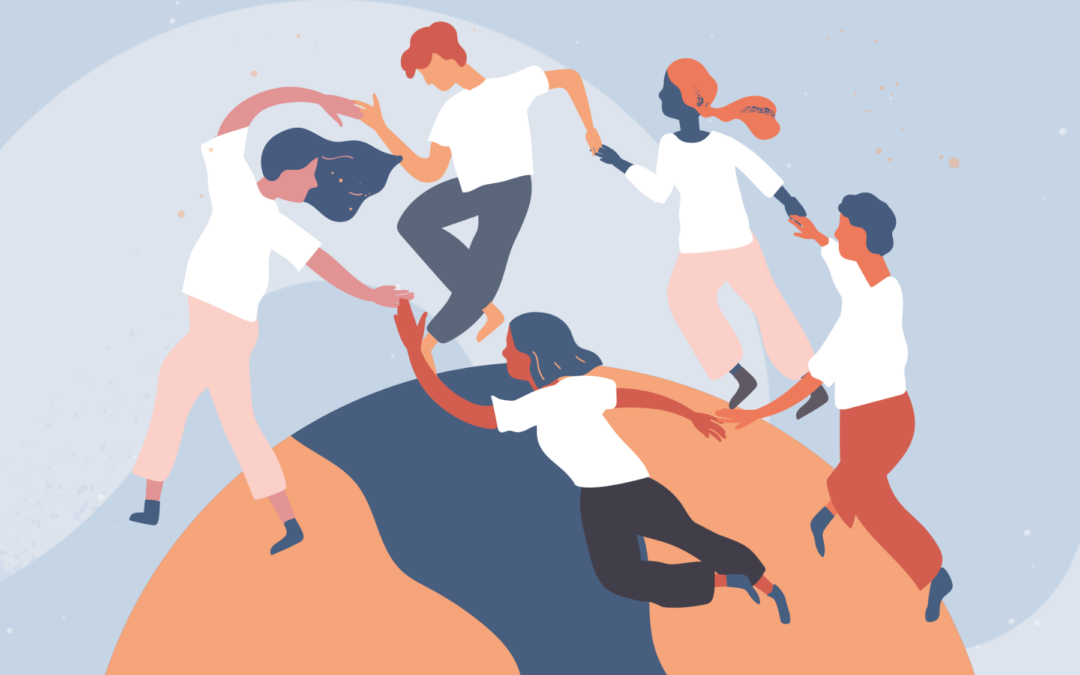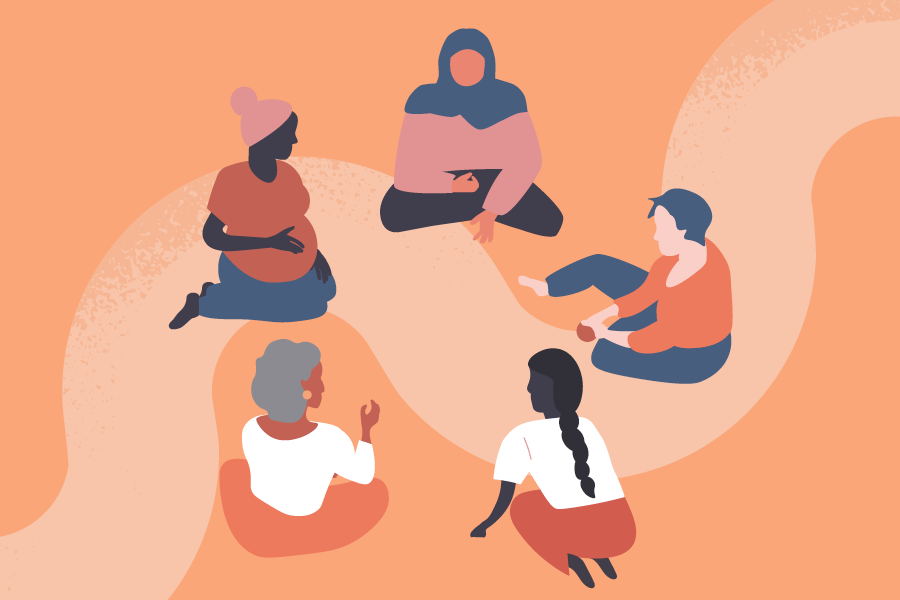In brief
Continuing with the work on Developing the Framework for councils to support community action, David Robinson and Tony Clements invite you to share examples of changing council practices that ‘let people in’ and join the conversation about how councils can create a more enabling ecology for communities to thrive.
Tony recently wrote an article for The MJ on this topic, which we encourage you to have a read of.

Image designed by slidesgo / Freepik
What is the appropriate statecraft, in style and substance, for sustaining and carrying forward the community engagement and mutual aid that has been such a strong feature in the national response to Covid?
We asked this question in The Moment We Noticed back in July. We noted in the Sighting last week that the mood is changing but finding ways of supporting one another will continue to be important, perhaps even more important, in the months ahead.
What have we learnt from councils and communities working together in the first wave? How can we use that learning to not only do it better and better in this second wave but also to build an enduring and transforming legacy from a troubled time?
Alongside the report in July we also published Tony Clements discussion paper, Developing the Framework and have subsequently discussed the paper in one of our open Zoom conversations. Tony has also evolved the ideas in a subsequent blog.
We are now thinking about how to make it real and turn the Framework into practical tools and methods for local application and we need your help!
First, we want to gather examples of changes in council behaviour that “let people in”. For instance the relaxation of procurement rules or the ways in which many councils shared information much more freely and proactively than usual. What else opened the way and created the conditions for genuine collaboration and where did you see this happening?
Second, we want to share these approaches in ways which inspire and ignite active listening and learning. How can councils learn from their own communities, and from their own experiences, whilst also benefiting from what works elsewhere? All examples of listening and learning processes, not necessarily drawn from the pandemic or recent experience, would help us to take this work forward and make the ideas real for many more authorities.
Do please respond and spread the word! Thank you.
Read more

The Relational Neighbourhood
In brief Nick Sinclair and David Robinson have been mulling over a new blog for a while. It has been almost five years since their pandemic reflection on “the art of the covenant” (2020). A lot has changed since then but the underpinning principles of their thinking...

A relational approach to public policy: why it’s now essential
Introduction Nine months have passed since the general election. A new PM and a new generation of ministers have settled into post. They have had time to assess the legacy from the last administration and familiarise themselves with the ongoing work of every...
